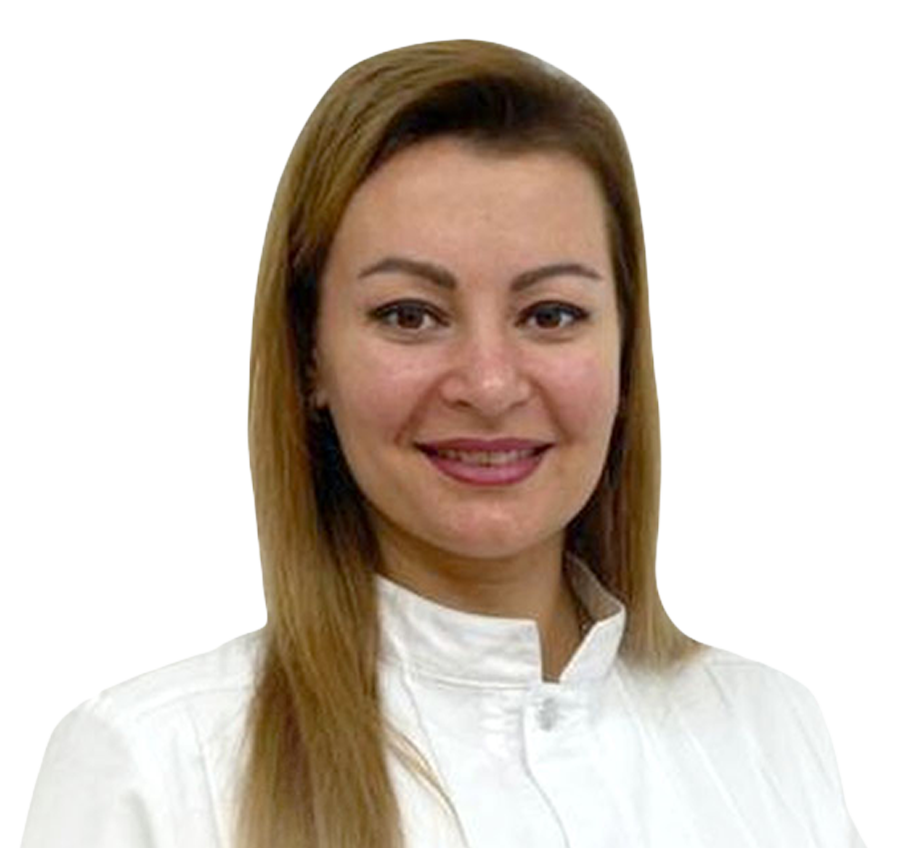Acne is a common skin condition that affects people of all ages. With so much information available, it’s important to separate fact from fiction. In this blog post, we’ll debunk common myths about acne, present facts, and provide effective treatment strategies for clearer, healthier skin.
Myth #1: Only Teens Get Acne
Fact: While acne is most common in teenagers due to hormonal changes, it can affect individuals of any age, including adults.
Myth #2: Eating Chocolate Causes Acne
Fact: There is no direct link between consuming chocolate and developing acne. However, a balanced diet can contribute to overall skin health.
Myth #3: Popping Pimples Helps Them Heal Faster
Fact: Popping pimples can actually worsen acne by spreading bacteria and causing inflammation. It can also lead to scarring.
Myth #4: Sun Exposure Clears Acne
Fact: Sun exposure can temporarily improve acne, but it can also lead to long-term damage and worsen acne in the long run.
Myth #5: You Should Scrub Acne-Prone Skin Vigorously
Fact: Harsh scrubbing can irritate the skin and exacerbate acne. A gentle cleansing routine is more effective.
Myth #6: Acne is a Result of Poor Hygiene
Fact: Acne is primarily influenced by hormones, genetics, and other factors. Over-cleansing can actually worsen acne.
Effective Treatment Strategies
- Topical Treatments: Over-the-counter or prescription topical treatments containing ingredients like benzoyl peroxide, salicylic acid, or retinoids can help manage acne.
- Oral Medications: In more severe cases, a dermatologist may prescribe oral antibiotics, hormonal medications, or oral retinoids.
- Professional Treatments: Procedures like chemical peels, microdermabrasion, or laser therapy can be effective in treating acne.
- Hormonal Therapy: For hormonal acne, certain birth control methods or anti-androgen medications may be recommended.
- Dietary Changes: While specific foods don’t directly cause acne, a balanced diet rich in fruits, vegetables, and whole grains can support healthy skin.
- Stress Management: Practice stress-reducing techniques like meditation, deep breathing, or yoga to help prevent stress-induced acne.
- Consistency is Key: Establish a regular skincare routine and be patient. Results may take time.
- Consult with a Dermatologist: A dermatologist can provide personalized treatment options based on your specific type and severity of acne.
Conclusion
Understanding the truth about acne is the first step towards effective treatment. By debunking common myths and implementing proven strategies, you can take control of your skin health and enjoy a clearer, more confident complexion. Remember, seeking professional advice from a dermatologist is crucial for developing a tailored treatment plan that works for you.


